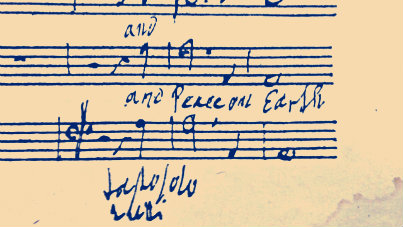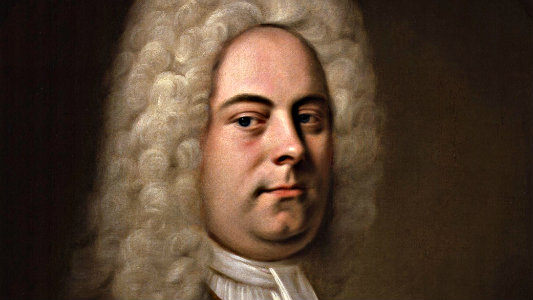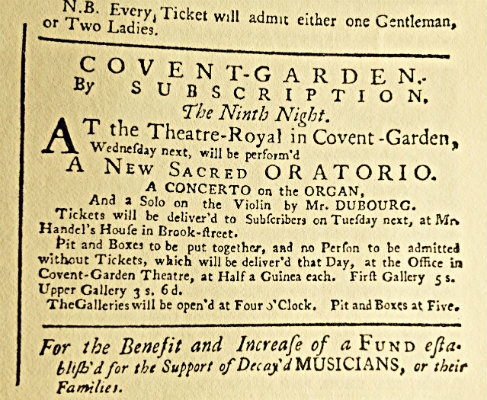



Federal funding is gone - but you keep us going.




Stay in touch with our hosting team at CPR Classical and learn more about the classical events occurring in the community. Sign up here for our monthly newsletter.
It takes a good day’s drive to cover Colorado, but we’ll help you do it in a few minutes. Our newsletters bring you a closer look at the stories that affect you and the music that inspires you.
Colorado Postcards are snapshots of our colorful state in sound. They give brief insights into our people and places, our flora and fauna, and our past and present, from every corner of Colorado. Listen now.